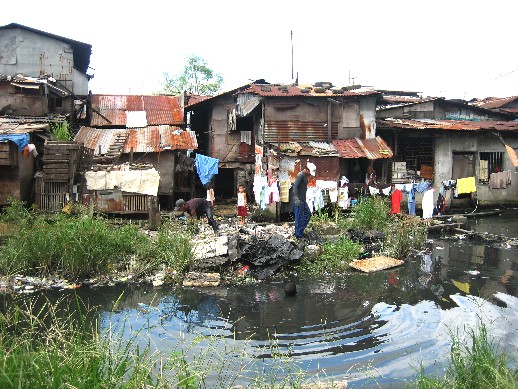Forced Evictions: The Common Wealth Games & HFB work in Bawana
Since my arrival to Delhi, I’ve come across comments, conversations, or discussions regarding the 2010 Commonwealth Games held in Delhi. The CWG is described as a time where streets were ‘cleaned up’—the government made sure to wipe out the streets from slums dwellers and homeless. The preparation for the CWG resulted in numerous human rights violations against the poor. During this time, the government planned forced evictions; thousands of houses were demolished and homeless individuals were thrown in jails. According to a report made by the Housing and Land Rights Network, the reasons for such an injustice center on creating parking lots for the games, ‘safety’ and ‘city beaurification.’
During the demolitions and evictions, residents were not provided with any information or notice about the eviction. Demolitions were conducted in the presence of large police force, intimidating and abusing residents. People were not allowed to gather any of their possessions or were simply given an hour notice. In addition, until today there have been no compensations for the evicted families. The results were detrimental. The displaced victims were not only evicted from their homes, but their schools, small shops, and other enterprise were also demolished. This was detrimental for daily wage labors, small shop owners, and vendors working in the informal sectors. Many had lost all means to provide for their families. The little resources they were holding on to were completely cut off. This is injustice.
In 2004, a s slum settlement in the Yamuna Pushta was demolished displacing 2000 families consisting of, “rickshaw pullers, rag pickers, and unskilled daily wage earners” (Habitat report). The evicted families re-settled in Bawana, which is located in North West Dehi. This area lacks proper infrastructure, water, sanitation, electricity, and other facilities needed. Through housing microfinance, Habitat for Humanity began to assist and build decent homes for the families that were displaced (but those that had legal rights to their land/property). During this project, Habitat India gave families half of the funding to build their homes and provided them with a housing loan without any interest rates.
Habitat’s regulation forces them to work with families that already have legal rights to their land or partner with NGO’s that have advocated the land rights for displaced communities. Habitat India falls short in advocacy—is has been put on the side as many have argued because of fear and the negative impact it could have on the image of the organization. But in order to create sustainable transformation, advocacy is essential and must be on the priority list for NGO’s such as HFH. This is something HFH is trying to achieve this year—break away from the fear, initiate a campaign and be on the frontlines of this issue.
Also, here are some links about the CWG and recent evictions in New Delhi

